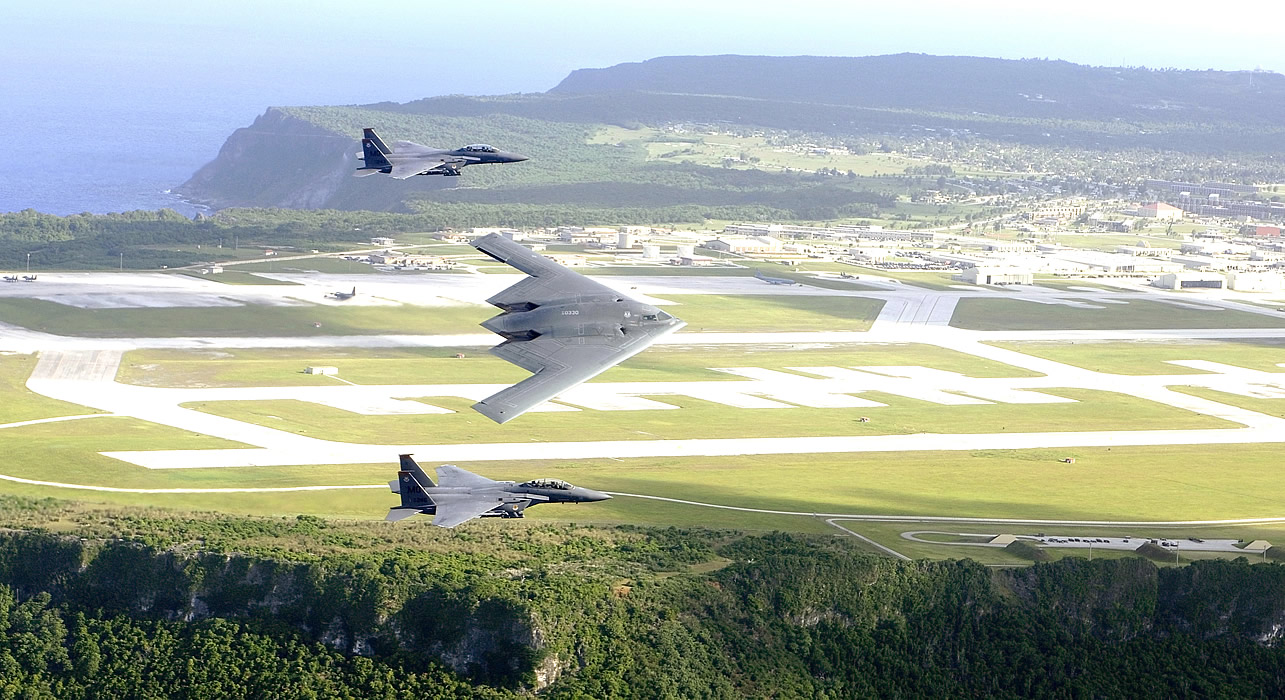The United States and its allies will soon discover the fate of the landmark nuclear deal with Iran. With roughly a month left before the U.S. Congress votes on whether to approve the agreement, President Obama recently launched a campaign to build domestic support. Yet as the White House attempts to shepherd arguably its most significant foreign policy initiative through Congress, it faces staunch opposition from what, at first glance, may seem an unlikely source: one of America’s closest allies, Israel.
Many Israeli politicians have made their disapproval of the Iran nuclear deal very clear, but none has been more aggressively opposed to this agreement than Israeli Prime Minister Benjamin Netanyahu. Earlier this year, Netanyahu addressed Congress about the threats he believes the nuclear agreement would present to global security, and reaffirmed Israel’s belief that Iran was not to be trusted. When a deal was finally announced in July 2015, he condemned it as “a historic mistake for the world”, and has urged U.S. lawmakers to vote against it.

In spite of U.S. assertions that the agreement represents the best option to prevent a nuclear Iran, Israel has serious concerns that it does not adequately address Iran’s threat to international security. As per the conditions of the deal, sanctions placed against Iran for its nuclear activities will be lifted as it honours its obligations. With the removal of these sanctions, Iran will have access to billions of dollars that Israel argues could be used to increase support to proxies in Lebanon and the Palestinian territories, as well as the Assad regime in Damascus.
Israel’s concerns also correspond with its political, economic, and military influence in the region. In all these respects, Israel has a strategic advantage over its regional competitors. It has a very close relationship with the U.S., a formidable army, and access to a nuclear arsenal. Jerusalem fears that the benefits Tehran is expected to accrue from the agreement –sanctions relief, increased diplomatic clout, a possible long-term rapprochement with America –could undermine its own influence.
Contrary to Israel’s perspective, rejection of the deal could potentially do Israel more harm than good. Netanyahu’s hostility toward it may threaten Israel’s position on the diplomatic stage. Should he succeed in persuading Congress to reject the nuclear agreement and override Obama’s anticipated veto, Israel runs the risk of doing lasting damage to an already frayed, but historic strategic partnership with the U.S., overwhelmingly its most important ally.
Israel’s cause has been somewhat aided by the inflammatory rhetoric of Ayatollah Ali Khamenei, Iran’s Supreme Leader, who has stated that the nuclear deal does not change his country’s support for clients in Syria, the Palestinian territories, and Lebanon. Nevertheless, the agreement represents an attempt to reduce a nuclear threat that has heightened international tensions over the past decade. Should it overcome the objections of Israel and its many supporters in Congress, the deal could remake Middle East security for the better.




